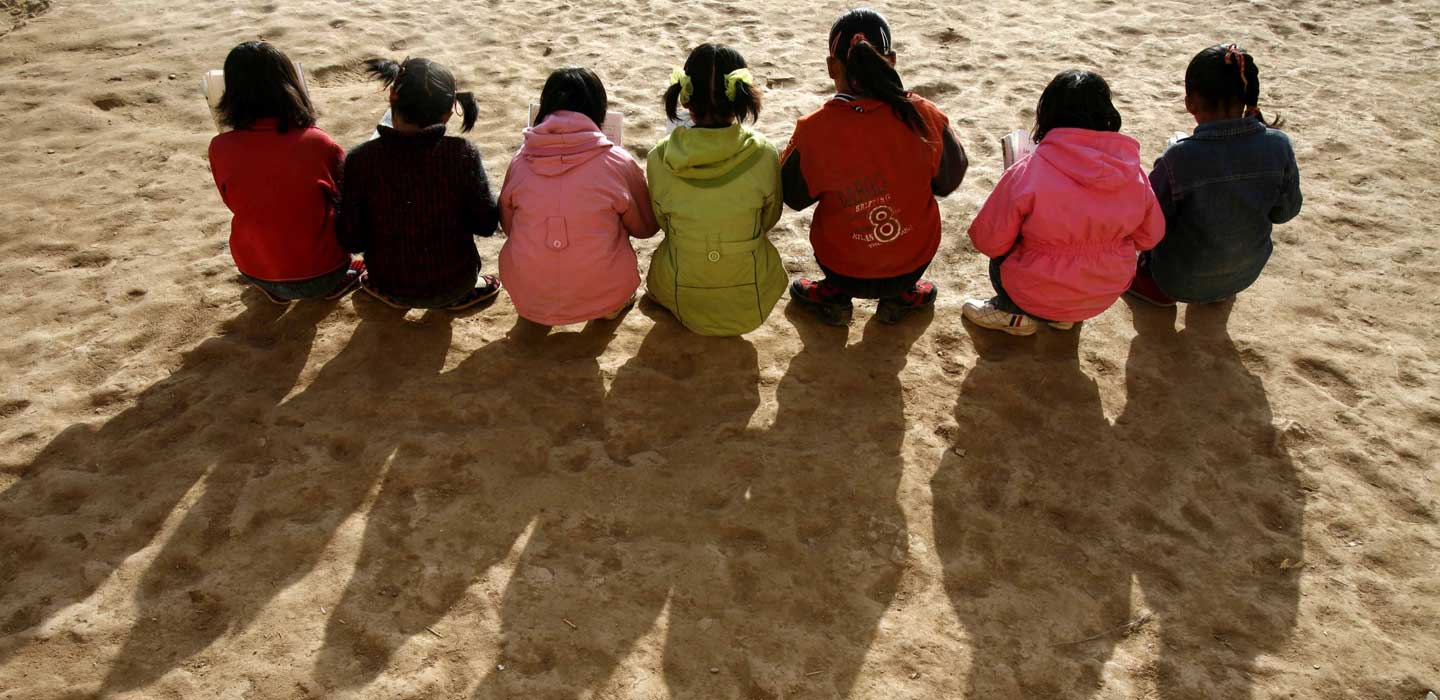Accountability and complaints procedures
Accountability and complaints procedures banner

Accountability and complaints procedures
Accountability and complaints procedures
Compliance with IFAD's social and environmental policies
IFAD projects must be carried out in compliance with its environmental, social and climate policies and safeguards. Projects should also promote the sustainable use of natural resources, build resilience to climate change and be led by rural people themselves.
IFAD’s Complaints Procedure and the Enhanced Complaints Procedure ensure that appropriate mechanisms make it possible to file a complaint with IFAD if a person or persons believe(s) they are, or might be, adversely affected by an IFAD-funded programme or project that is not complying with IFAD's Social, Environmental and Climate Assessment Procedures (SECAP).
Every individual or group has the right to voice their complaints in relation to IFAD’s work without threats to their safety or fear of retaliation.
IFAD’s Complaints Procedure applies to projects approved before September 2021 (SECAP 2015 and SECAP 2017 editions). IFAD’s Enhanced Complaints Procedure applies to all IFAD investments approved thereafter (SECAP 2021).
The procedures do not apply to complaints related to sexual harassment, exploitation and abuse. These complaints should be reported to IFAD’s Ethics Office. Complaints related to fraud, corruption, or financial and administrative matters should be reported to IFAD’s Office of Oversight and Audit.
Download the IFAD Complaints Procedures Brochure Arabic | English | French | Spanish
How to submit a complaint
By email:
- Download the Complaints Form (Word) for IFAD Complaints Procedure and the Enhanced Complaints Procedure
- Send the completed form by email to [email protected]
By mail to:
IFAD
SECAP Complaints
Programme Management Department
Operational, Results and Policy Division
Via Paolo di Dono, 44
00142 Roma, RM, Italy
Please include the following information in your email or mail:
- Name, address, telephone number and other contact information
- Whether the complainants wish to keep their identity confidential, and if so, why
- Name, location, and nature of the IFAD project/programme (if known)
- How the Complainants believe they have been, or are likely to be, adversely affected by the IFAD-supported project or programme